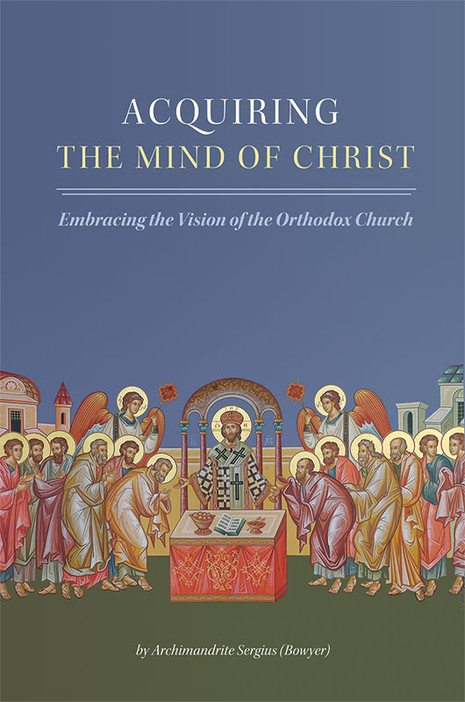The twentieth century, from a Christian point of view, is called the age of Ecclesiology and Eucharistiology because much has been said about what the Church is and what the value of divine Eucharist is. People, disappointed by an individualistic life, seek true social relations which they feel they will find in the Church.
Indeed, man finds true communion with God, men and all creation within the Church and through the Divine Eucharist which is the deepest core of Ecclesiastical life.
At the same time many problems have arisen concerning the Church and the ecclesiastical mind-set. Various traditions relating to the Church have created intense speculation.
Many groups of Christians have presented themselves as ecclesiastical ones and many theological opinions have tried to define the true ecclesiastical mind-set. Some Christian groups claim authenticity whereas others mantain that all Christians are branches of a single tree or that Christianity is expressed by and breathes with two lungs. Thus, on the one hand there prevails indiscriminate absolutism and on the other relativity of faith. Indeed this creates a great ecclesiological confusion, a particular ecclesiastical fundamentalism or an ecclesiastical syncretism.
My visits both to the East and to the West have made me realise that questions like what the Church is which Church expresses authenticity, what exactly constitutes the ecclesiastical mind-set are really very interesting and modern. Many people, disappointed by various Christian denominations, are seeking out the Orthodox Church of Revelation, of the Fathers, of the Ecumenical Councils, of the martyrs and of the saints.
This present book which is now published in English consists of nine talks addressed to the Catechists and aimed at locating various ecclesiological problems, without, of course, exhausting the subject. Nevertheless they set out the foundation of Ecclesiology according to the Fathers and they try to help us avoid the temptations of so-called “Baptismal theology” and of “dogmatic syncretism” as well as avoid the dangers of legalism and secularization.





